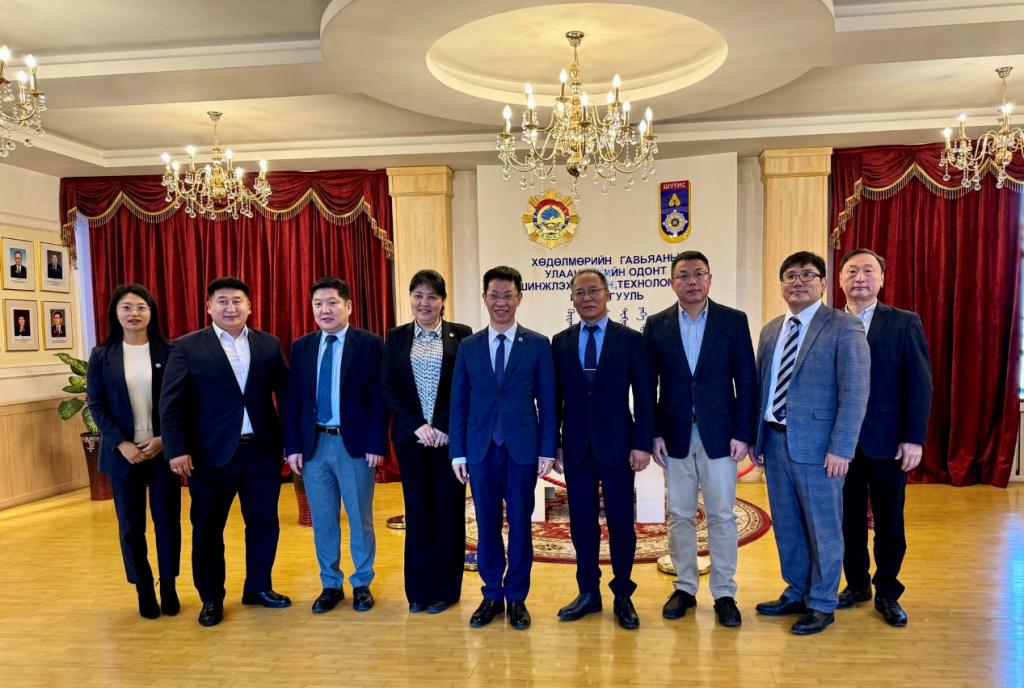As General Secretary Xi Jinping convened the ‘Meeting to Promote Comprehensive Revitalization of the Northeast China in the New Era’ in Harbin on Sept. 7th, 2023, he stressed the need to accelerate efforts to build a modernized infrastructure system that raises the level of opening up and cooperation both at home and aboard. With a clearer perspective on opening up to the outside world, work to deepen cooperation with other countries under the Belt and Road Initiative (BRI) is improved and plays a bigger role in economic development that balances both internationalization and domestic growth. As this year marks the 10th anniversary of the launch of the initiative, to fully implement the ideas and spirit of keynote speeches made by General Secretary Xi and the deployment from the provincial CPC committee, universities in Liaoning Province are actively expanding their channels for exchanges and cooperation with universities and scientific research institutions of countries along the BRI.
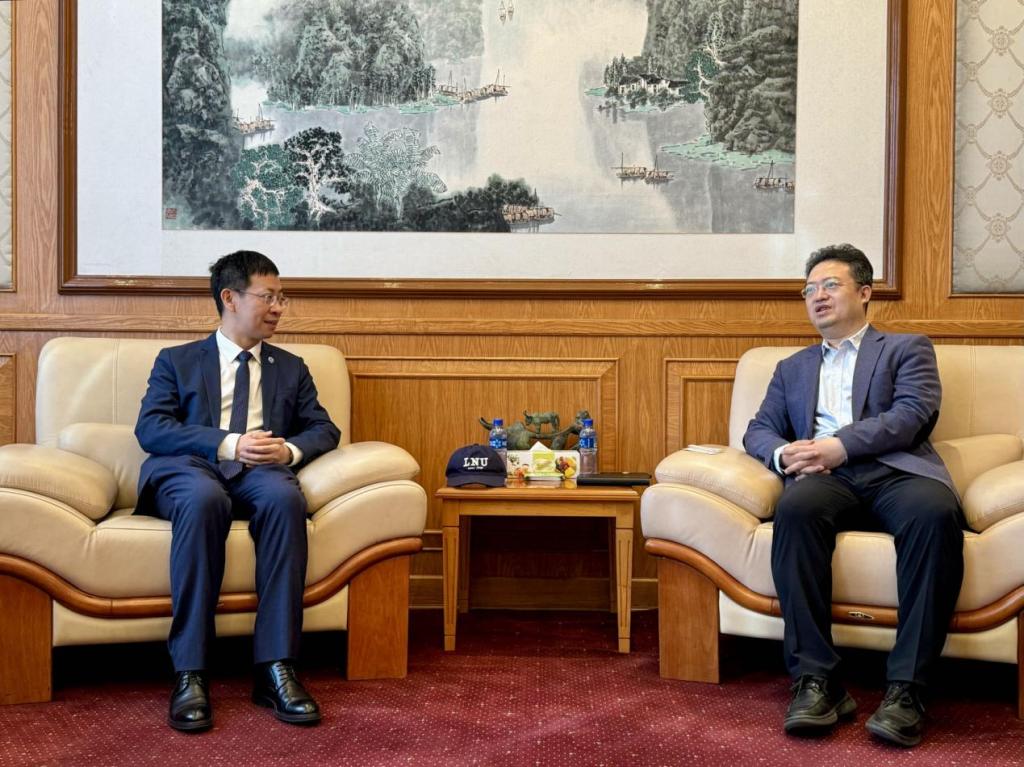
From October 15th to 17th 2023, Prof. Yu Miaojie, Deputy Secretary of the CPC Committee and President of LNU, Ma Shuang, Director of International Exchanges Department, Prof. Cui Zheng, Dean of China Open Economy Research Institute as well as PhD Yin Ruyu, a young research fellow, visited the Mongolian University of Science and Technology (MUST) in Mongolia.
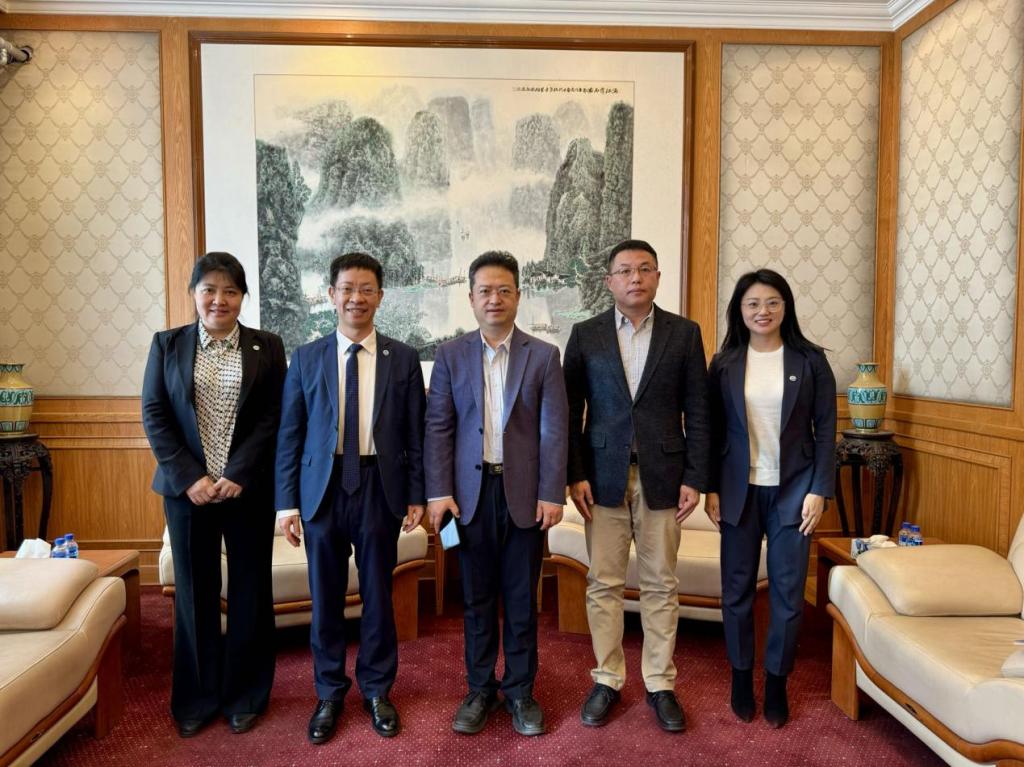
The delegation team led by President Yu visit the Chinese Embassy in Mongolia, where they were warmly welcomed by Li Zhi, Dean of the Cultural Counselor and Ulaanbaatar China Cultural Center. Counselor Li introduced Mongolia in terms of its culture, education, economy, trade, and other aspects and answered questions raised by President Yu. Yu, in turn, provided a deep analysis of the opportunities and changes brought by the BRI policies, offering constructive thoughts from the perspective of an economist of the benefits to the development of Liaoning Province and Liaoning University. Counselor Li also expressed his expectation of hosting lectures in the Ulaanbaatar China Cultural Center when President Yu visits Mongolia in the future.
The delegation from LNU conducted academic discussions with professors from the eminent university’s College of Business and College of Applied Sciences during the visit. They had meaningful discussions from the perspectives of economic management and business about how the economies of the two countries will develop and the best way of promoting bilateral economic and trade activities under the BRI.
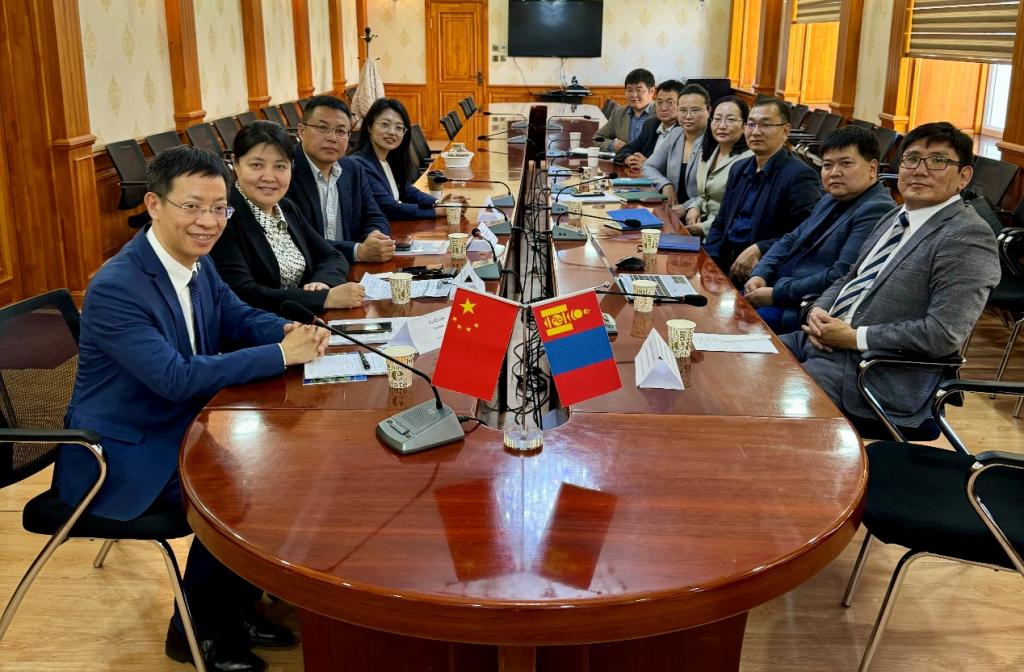
With a long history of economic and trade cooperation, China and Mongolia enjoys a lasting friendship. Since the launch of the BRI one decade ago, the two countries have carried out in-depth cooperation in various fields and made great progress, particularly in industries where their strengths complement each other. As Mongolia imports quantities of industrial and trade products from China, the two countries still enjoy great potential for further cooperation. It is reasonable to believe, with confidence, that with the deepening of the initiative, the two countries will benefit from a larger cooperative space and from brighter prospects for economic and trade exchanges. Meanwhile, cultural exchanges and communication will also boom and prosper. Against this backdrop, the two sides firmly believe that LNU and MUST should conduct extensive cooperation in disciplines such as economics, management, mathematics, statistics and the natural sciences. With these efforts, the two universities will take full advantage of their roles in promoting economic and social development.
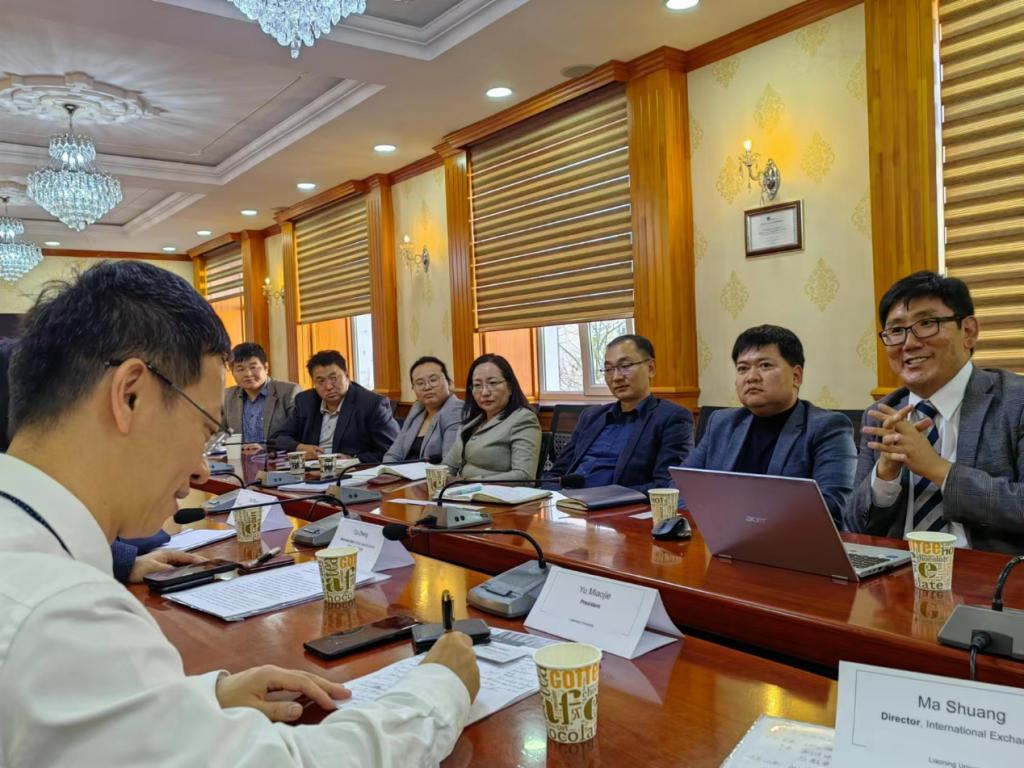
During the visit, President Yu from LNU and President Tummupurev NAMNAN from MUST signed a letter of intent on academic cooperation between the two sides.
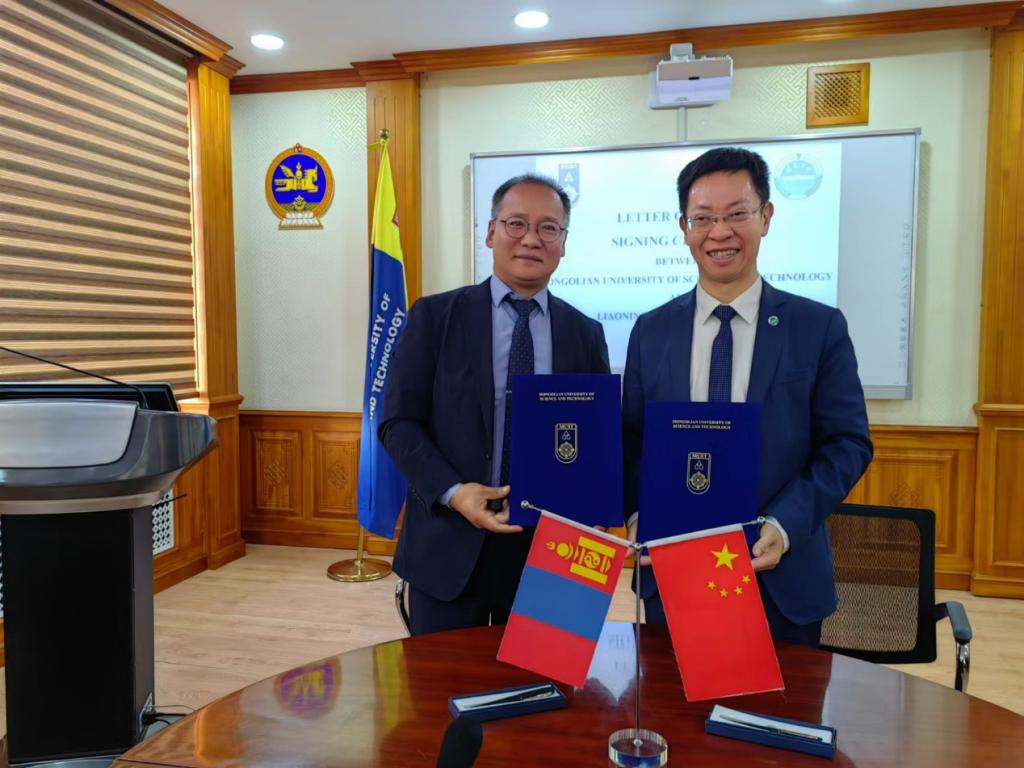
LNU’s visit to MUST provides impetus for Liaoning Province to fully engage with the construction of the China-Mongolia-Russia Economic Corridor. It is a contribution also to Liaoning Province’s ‘Comprehensive Revitalization New Breakthrough Three-year Actions’.
